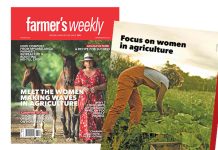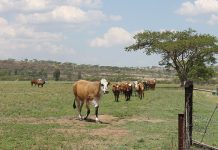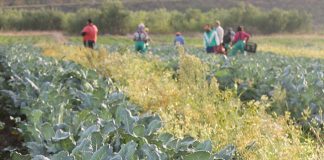
An alternative fact can be defined as one’s personal interpretation of events in any instance where the truth of a situation does not suit one’s own agenda or support one’s personal world view.
But we shouldn’t be too quick to judge those who choose to see the world as they do, instead of as it is. I recently had a stark reminder of how our own experience of the world can skew our ability to develop a true impression of reality.
A friend told me about a poll that was run on the Harvard Business Review’s website in 2007 about globalisation.
Here are some of the questions:
- Of all the capital being invested around the world, how much is foreign direct investment (FDI) by companies outside of their home countries?
- What percentage of the world population is living as immigrants in a foreign country?
- What percentage of total trade flows cross international borders?
- What percentage of all telephone calls made are international calls?
- My answers were 40%, 30%, 60% and 40% respectively – all of which were vast overestimates. And those people who took part in the poll also overestimated the figures, with 40%, 35%, 45% and 40% respectively.
Here are the correct answers:
- Only about 10% of total investment was FDIs;
- Less than 5% of the global population is made up of immigrants;
- Less than 20% of all trade flows cross international borders;
- Only about 3% of telephone calls are overseas calls.
My answers were informed by my own experiences – the news sources that I frequently consult have daily reports detailing the flow of foreign direct investment, more than 30% of my immediate and extended family have emigrated from South Africa, I regularly buy imported goods (just think about the clothes you are wearing today and the car you drive, where were they made?) and, because my family and friends are scattered across the globe, and since my job requires me to stay connected with international sources, between 30% and 40% of my phone calls are international calls.
What I and the Harvard Business Review readers forgot is that, although it doesn’t always feel like it, we are amongst the most privileged people in the world.
The majority of the world’s population simply do not have the means to take part in – let alone benefit from – globalisation.












